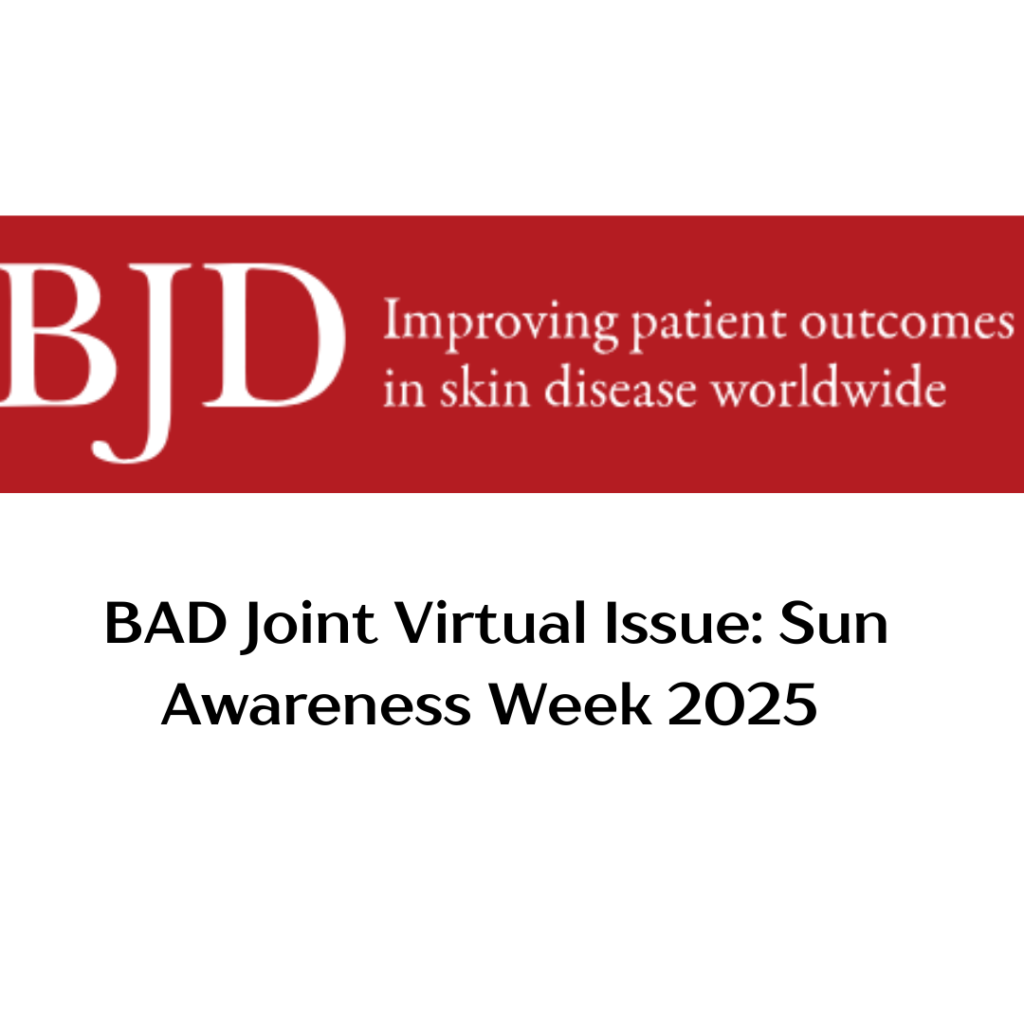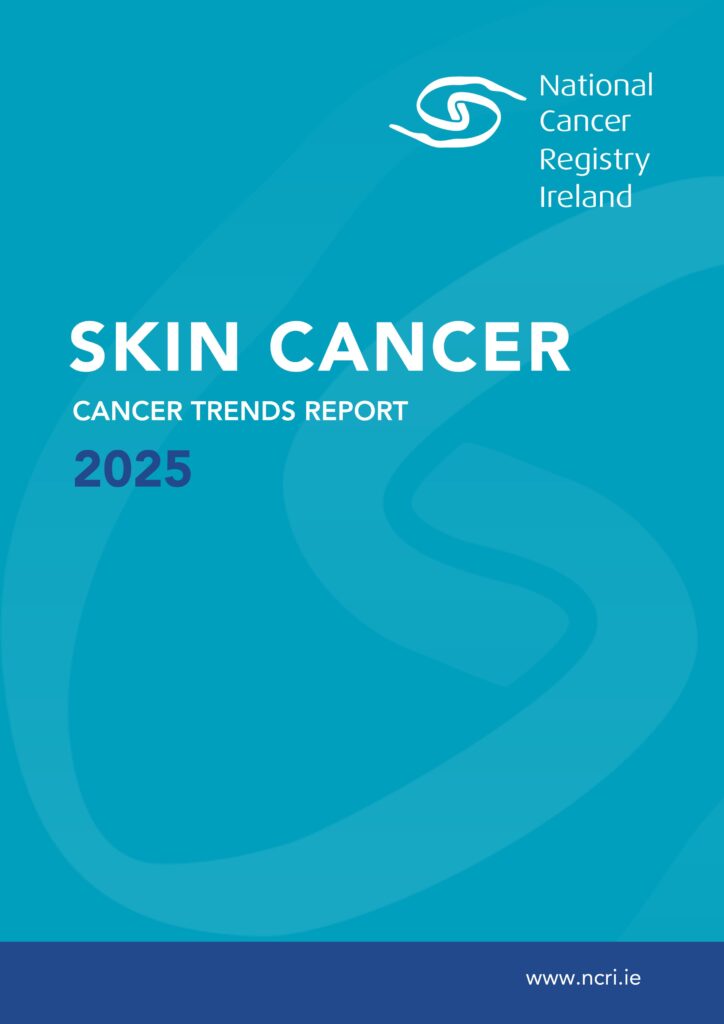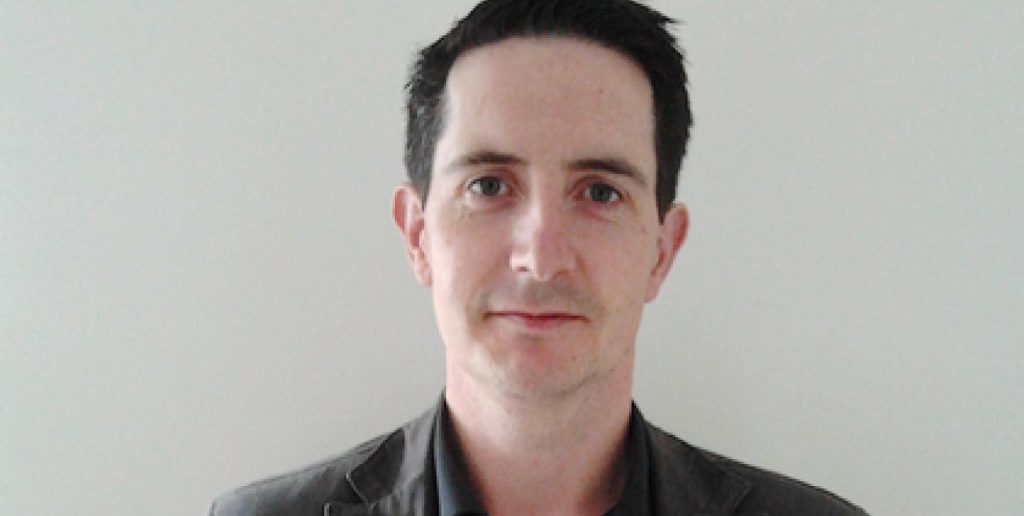Calls to the ISF Helpline reveal what’s most on dermatology patient’s minds
In the first of our three-part blog series called “What Patients Want” we begin by taking a look at our hospitals and what you say about them.
Most skin disorders are managed by GPs, but a significant number of people need hospital care. It isn’t possible to say exactly how many people are referred for a skin disease to Irish hospital clinics each year but the HSE estimates that over 112,000 dermatology consultations were held in 2016.
Some people with skin disorders may only need to see a specialist dermatologist once, but many people require a number of appointments over several months or years, while others will need to be seen in hospital every three month for the rest of their lives.
If you have a skin disease like psoriasis, eczema, skin cancer, HS (to name just a few), the medical specialists you are most likely to encounter in hospital, are dermatologists, plastic surgeons, oncologists, rheumatologists and perhaps those working in emergency medicine.
Our hospitals are under stress like never before and waiting times to see a specialist can be long. While patients understand these difficulties there are many other issues that are on their minds.
Calls to the ISF’s Helpline reveal that people with skin disease would like to see change to accommodate their needs.
Many of the issues raised below are quoted from calls and e-mails to our Helpline – here’s some what you had to say about hospitals:
Getting to a hospital appointment when you are unwell or feeling down can loom heavily on your mind for weeks before the date. If you struggle with you mood or have a bad week you can arrive at a hospital appointment feeling stressed, unwell and very tired.
A hospital environment and team should reassure patients. If you are from a marginalised community, if you can’t read or if you can’t speak English, visiting a hospital can be a real challenge:
“Hospital clinics should ask patients if they look after young children or care for older people so their family schedule can be taken in to account when appointment times are allocated”.
When you’re on your way to hospital, with a sick child, your first thought should not be: “Where am I going to park?”
“Convenient access to phototherapy locally, or within reasonable distance from where I live, should be facilitated. I have had great results with phototherapy but it’s very difficult to arrange around my life”.
Paper hospital records do not help patients with these issues. People going back and forward to repeated hospital appointments are required to “learn-off” their story, repeating critical details and histories to doctors again and again.
Patients find this exhausting and many are afraid when seeing a different doctor or a different member of the hospital team that essential aspects history aren’t recorded and need to be communicated verbally (again and again over time) – all in an unsettling environment. The incoming Electronic Health Record will help with this issue, but patients must be partners in keeping their records and be assisted by the hospital team.
“If you have a long-term illness of any kind you need to be a strong advocate for yourself and for your healthcare. This is not always easy, it can take all of your powers of organisation, confidence and an understanding of how things work in hospitals – on top of these you need energy and motivation – two things that are hard to come by if you’ve got a chronic condition.”
Some callers to the Helpline with chronic or long–term skin disease have stopped engaging in their own care to the point where some are not keeping track of their medications; finding that they were overwhelmed with complex information that’s too difficult to read.
This can lead to a situation where a patient becomes accustomed to telling their doctor that they understand their medication or treatment journey and agreeing with whatever the doctor proposes; when in fact they don’t understand adequately and leave the appointment confused or bewildered.
All of these issues are worsened further for people who can’t read and come from disadvantaged communities, like members of the travelling community or immigrants without English.
The feedback from people the Irish Skin Foundation has spoken to is clear: hospitals must try to do better to improve people’s hospital experience of the services they are using.
This blog entry is the first of three, the others will deal with the personal and financial burdens of living skin disease and issues for patients at community / GP level. Learn more about advocacy here and get guidance from a nurse here.












